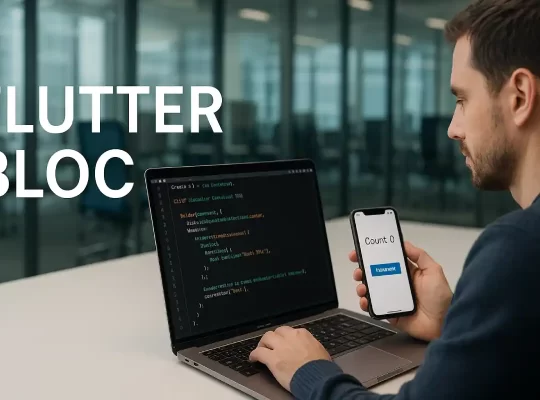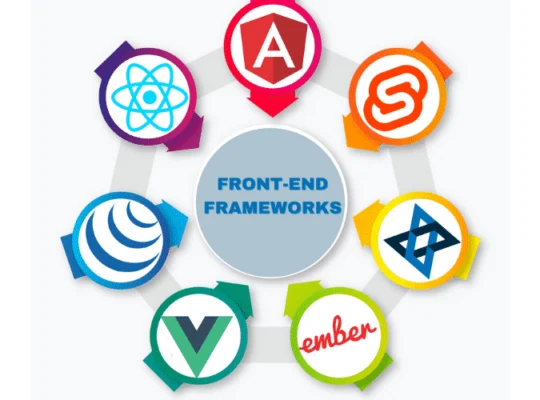Module 7: Optionals in Swift
Optionals are a unique feature in Swift that handle the absence of a value. An optional either contains a value or nil to indicate that a value is missing. This helps prevent runtime errors caused by null or undefined values, making your code safer and more reliable.
What is an Optional?
An optional is a type that can hold either a value or no value at all (nil). It is declared by appending a question mark ? to the type.
var name: String? = "John"
var age: Int? = nilUnwrapping Optionals
Before using an optional value, you need to safely unwrap it to access the underlying value.
Forced Unwrapping
Use ! to force unwrap, but this can crash your program if the optional is nil.
print(name!) // Prints "John"Optional Binding
Safely unwrap using if let or guard let syntax.
if let unwrappedName = name {
print("Name is \(unwrappedName)")
} else {
print("Name is nil")
}Implicitly Unwrapped Optionals
Declared with !, they are optionals that are automatically unwrapped when accessed.
var city: String! = "New York"
print(city) // No need to unwrap explicitlyNil Coalescing Operator
Provides a default value if the optional is nil.
let userCity = city ?? "Unknown City"
print(userCity)Optional Chaining
Access properties or methods on an optional that might be nil. Returns nil if the optional is nil, preventing runtime errors.
struct Person {
var residence: Residence?
}
struct Residence {
var numberOfRooms = 1
}
let john = Person()
let rooms = john.residence?.numberOfRooms // nil because residence is nilSummary
- Optionals handle the possibility of missing values safely.
- Always unwrap optionals safely using optional binding or nil coalescing.
- Implicitly unwrapped optionals ease usage but require caution.
- Optional chaining provides a safe way to access properties of optionals.





